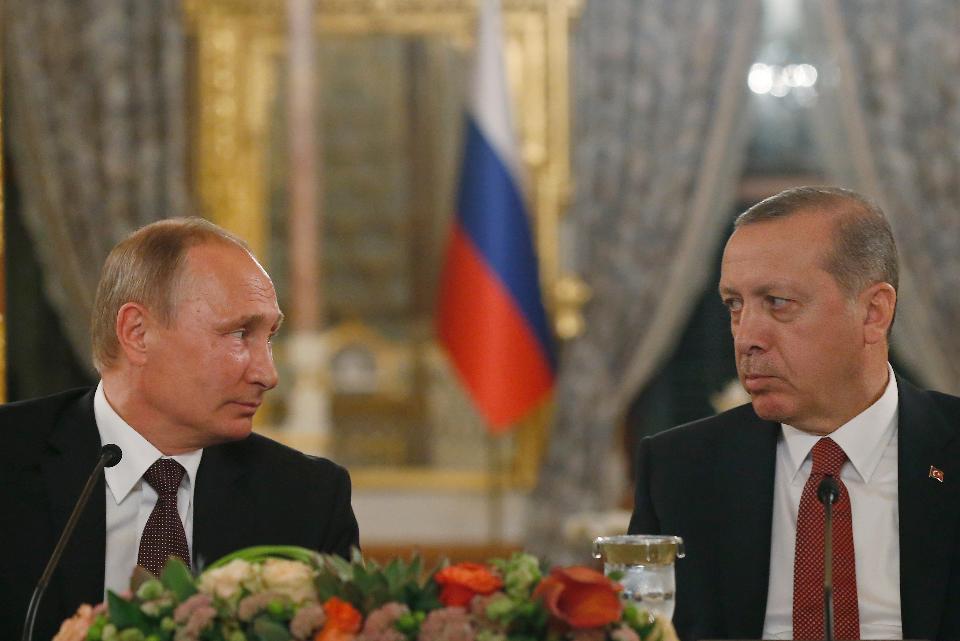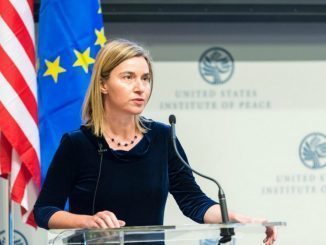
Egypt has given notice it will withdraw at the end of June from a decades-old U.N. grains treaty, reported Reuters.
The decision has caused consternation among other signatories to the convention.
It follows a period of turmoil in grains markets linked to the war in Ukraine and concerns about global food security.
Egypt, one of the world’s largest wheat importers, has given notice it will withdraw at the end of June from a decades-old U.N. grains treaty, causing consternation among some other signatories to the convention.
Egypt’s departure from the multinational Grains Trade Convention (GTC), which promotes market transparency to further trade cooperation, follows a period of turmoil in grains markets linked to the war in Ukraine and concerns about global food security.
Egypt signed the GTC, the only international treaty covering trade in grains, at its inception in 1995, and has been a member of the council that governs it since 1949. In February it submitted a request to withdraw with effect from June 30, 2023.
“This came without prior information. Several delegations within the IGC are surprised and sad about the decision,” Arnaud Petit, executive director of the International Grains Council, which administers the treaty, told Reuters.
Several members would ask Egypt to reconsider its decision, he added.
Egypt’s foreign ministry told Reuters in a statement that the decision was made after an assessment by the ministries of supply and trade concluded Egypt’s membership in the council delivered “no added value”.
Other signatories to the GTC include major grain importers and exporters such as the United States and the European Union.
Two sources familiar with the matter, who asked to remain anonymous, told Reuters that Egypt owed the IGC membership fees. The foreign ministry did not respond to a question about fees.
Traders told Reuters they did not expect an impact on the grains market, but one diplomatic source said that symbolically, Egypt’s departure from a multinational organisation could be seen as concerning.
The war in Ukraine disrupted Egypt’s wheat purchases last year and the government held talks with countries including India as it tried to diversify from Black Sea supplies.
Despite those efforts, Egypt relied on competitive Russian imports to boost its reserves through traditional tenders, some funded by the World Bank, as well as non-traditional direct offers.
The economic impact of the war also exacerbated a foreign currency shortage in Egypt, leading to a slowdown in imports, a backlog of goods in ports, and a $3 billion financial support package from the IMF.
In January, Egypt’s government instructed ministries to curb non-essential spending until the end of the fiscal year.
Egypt’s grain crisis
Egypt depends on imported wheat, and in recent years the vast majority of these imports have come from Russia and Ukraine.
Imported grain provides half the flour that goes into a subsidized bread program which feeds some 72 million Egyptians on a daily basis. This staple is a cornerstone of Egyptian diets. It is readily available, filling and for as long as most can remember reliably cheap, having been subsidized since the 1940s.
To the governing regime, the maintenance of Egypt’s bread subsidy is a matter of national security. Egyptian politicians often invoke the possibility of a bread riot to explain why the provision of cheap bread is a “red line” that cannot be crossed.
Frequently, they refer back to 1977 when, under pressure from the International Monetary Fund, the government sought to increase the price of fino, a soft white roll, which was at that time subsidized, resulting in two days of riots in which at least 77 people were killed and 214 wounded.
Although this uprising was also a response to the government cutting other subsidies and freezing state wages (so-called bread riots are seldom about bread alone), the common reference to the bread riot illustrates how this staple food figures in the Egyptian political imagination.
Thus, when war in a country far removed disrupts the global grain supplies on which subsidized bread production depends, the specter of unrest looms. It takes 9 million tons of wheat a year to produce the five daily loaves to which most Egyptians are entitled.
Small-scale, privately-owned bakeries are responsible for baking and selling this bread, but it is up to the government to ensure that these bakeries have sufficient flour and to make up the difference between the cost at which the bread is sold and the cost of production.
The government buys some wheat from Egyptian farmers, most of whom grow this crop during winter months, producing a domestic harvest of 8.5 to 9 million tons.
But even though the government is the sole purchaser, having prohibited exports and sale to the private sector, just a fraction of the harvest goes into subsidized bread; most farmers keep some of their wheat to make homemade bread. As a result, during the domestic procurement season, which lasts from April through June, the government typically buys only enough wheat to provide flour for about five months of subsidized bread production. The remainder, it has to import.
Long before the war on Ukraine, Egypt’s reliance on grain imports was also a source of concern.



